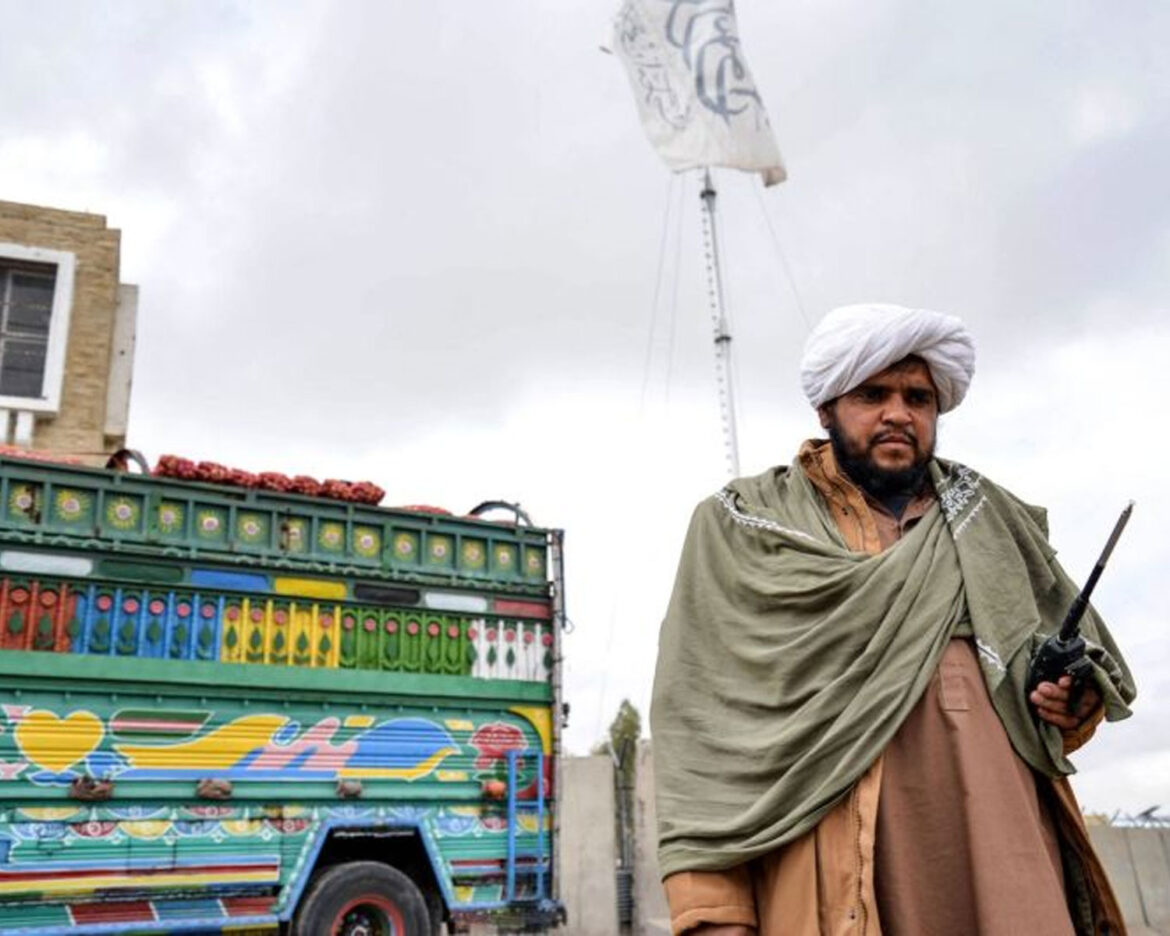In a major diplomatic win for Pakistan, China, Russia, and Iran have jointly confirmed that several terrorist groups, including the outlawed Tehreek-e-Taliban Pakistan (TTP), Majid Brigade, and Balochistan Liberation Army (BLA), are operating from Afghan soil and posing a threat to neighboring countries. This acknowledgement came during a quadrilateral meeting held on the sidelines of the UN General Assembly session in New York on September 27.
Represented by their respective Foreign Ministers, China, Russia, and Iran participated in the meeting alongside Pakistan’s Defence Minister Khawaja Asif. The meeting culminated in a joint statement expressing serious concerns over the presence of multiple terrorist organizations operating within Afghanistan, despite the Taliban’s claims to the contrary.
“The Ministers expressed deep concern over the security situation related to terrorism in Afghanistan, noting that terrorist groups such as ISIL, Al-Qaida, the Eastern Turkestan Islamic Movement (ETIM), Tehrik-i-Taliban Pakistan (TTP), Jaish ul-Adl, Balochistan Liberation Army (BLA), and others continue to pose a serious threat to regional and global security,” the statement read.
This statement came in direct opposition to the Afghan Taliban’s assertions that no terrorist groups are being harbored within their borders. The four nations condemned the recent terrorist attacks, including ISIL-K’s strike on Karbala pilgrims on September 13, 2024, and TTP-led attacks in Pakistan’s Bannu and Besham earlier this year.
The joint statement called for increased counter-terrorism cooperation at both bilateral and multilateral levels. It urged Afghanistan to take visible and verifiable actions against terrorism, dismantling and eliminating terrorist organizations in a non-discriminatory manner, while preventing its territory from being used for attacks against neighboring countries and the region.
The Ministers reaffirmed their support for Afghanistan’s national sovereignty, independence, and territorial integrity, while emphasizing the need for an inclusive government that represents all segments of Afghan society. They also acknowledged the Taliban’s efforts to curb opium cultivation but stressed the importance of addressing the rise in synthetic drug production.
Highlighting the humanitarian crisis, the joint statement urged the international community to provide sustainable support for Afghan refugees and called on NATO members to take responsibility for Afghanistan’s economic recovery by lifting sanctions and returning overseas assets.
This diplomatic move represents a significant step for Pakistan as it continues to seek global recognition of the security threats emerging from Afghanistan. It also underscores the shared interest of regional powers in stabilizing Afghanistan and countering the threats of terrorism, radicalism, and drug crime emanating from its borders.



